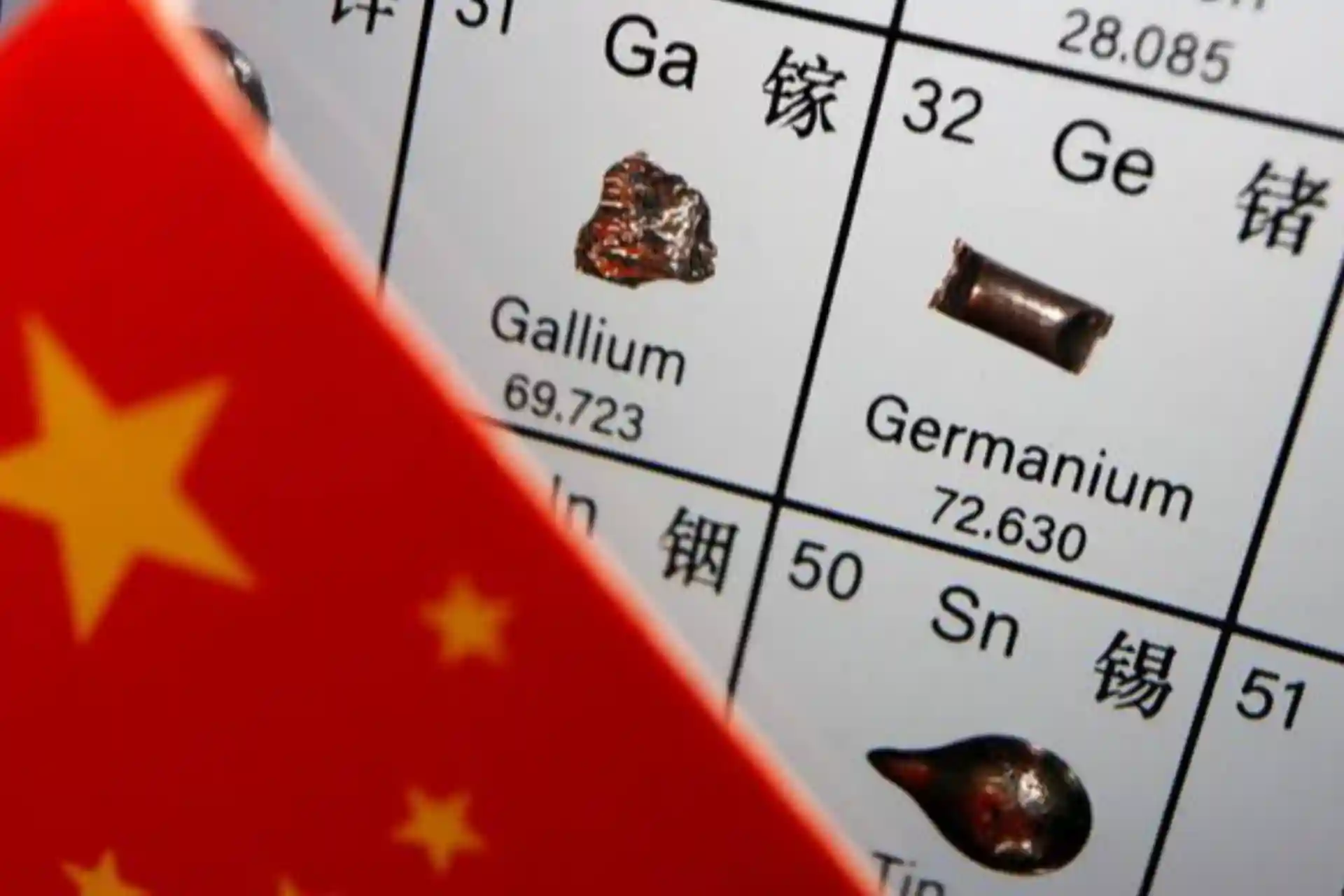04.12.2024 14:45
797
Has China hit the US economy?
On December 3, China's Ministry of Commerce announced a total ban on the supply of a number of dual-use materials to the US, including gallium, germanium, antimony and unspecified ultra-hard materials. These raw materials are used in the production of semiconductors, batteries, ammunition, as well as in the defense and high-tech industries.
China has also tightened controls on exports of graphite, which is used in electric cars and nuclear power. All graphite materials must now be rigorously tested by the end user.
The measures are seen as a response to a new round of US sanctions that hit 140 Chinese companies linked to the semiconductor industry on December 2. Beijing called Washington's actions a "threat to national security" and issued an official statement to the American side.
Chinese bans could have serious economic consequences. China accounts for 98 percent of the world's gallium, 60 percent of germanium, and 48 percent of antimony. In 2023, the US imported 53 percent of gallium and 54 percent of germanium from China, but after the first restrictions, imports stopped altogether. The US Geological Survey estimates that the ban will cost the US economy $3.4 billion.
Over the past period, the price of strategic materials has increased dramatically. In July, gallium and germanium prices almost doubled in Europe after export restrictions were imposed. The same thing happened with antimony: its price increased by more than 200 percent after the August 2024 restrictions.
The US imports all gallium and half of germanium. These materials are produced as a by-product in factories specializing in zinc, lead or bauxite mining. Their extraction and processing are associated with high costs, which makes China the market leader.
Antimony is used in the manufacture of ammunition, batteries, optical and photoelectric equipment. Its US production ceased in 2001, and 82 percent of demand is imported, mostly from China. However, in October 2024, antimony shipments from China to the US fell by 97 percent.
The Chinese ban was part of a broader pressure strategy in response to US sanctions. Experts say Beijing is seeking to strengthen its position ahead of possible talks and adjust to the new restrictions.

